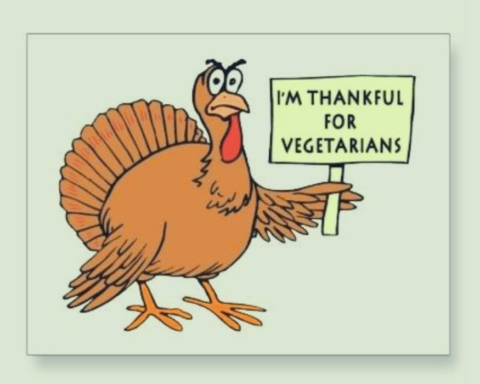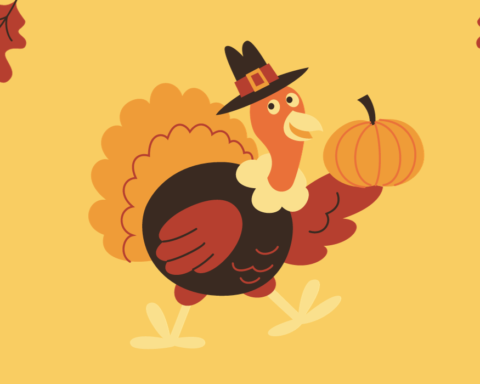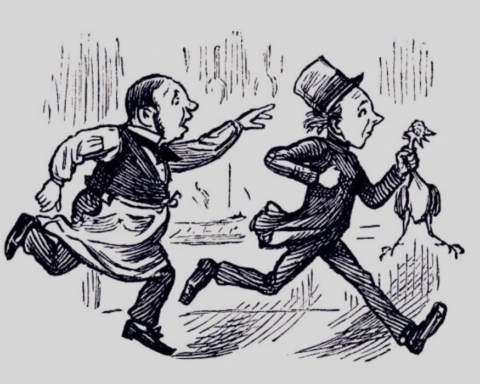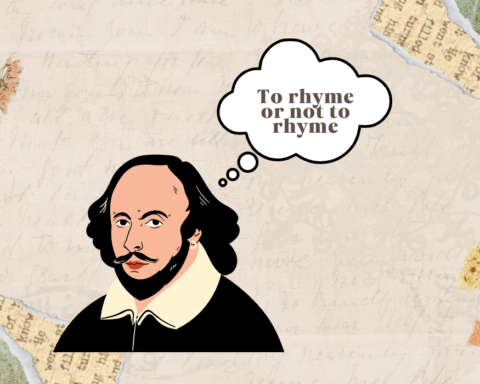As the saying goes, “blood is thicker than water.” It is used to symbolize the bond between siblings, one of the closest and purest bonds in the world.
And the book by Fyodor Dostoevsky, The Brothers Karamazov, is a perfect example of this. So let us see why? Because here, we will give a Brothers Karamazov analysis, your guide to one piece of Russian literature.
Let us start with two Biblical verses that are pretty relevant in this scenario:
A new commandment I give unto you, that ye love one another; even as I have loved you, that ye also love one another. (John 13:34)
He that loveth his brother abideth in the light, and there is none occasion of stumbling him. (1 John 2:10)
These two verses show how Christ emphasized the importance of familial bonds and brotherly love. These ideas are further highlighted by Fyodor Dostoevsky in his copy of the New Testament.
According to Anna A. Berman, the book reinforces sibling love, which is the heart of the Brothers Karamazov analysis.
Although the title suggests that the book is about sibling bonds, Berman points out that Brother Karamazov is more about the downfall and breaking of father-son relations, which have an inevitable impact on sibling relationships. The Brothers Karamazov analysis talks about this.
Contrary to what critics have said in the past, Berman argues the book talks about the break from paternal love and is a model situation to live and love selflessly. In the way of Christ.
It is said that the most prominent part of the Russian novel is “The Grand Inquisitor,” which is the center point of the conversation.
In this chapter, Ivan, who is the intellectual Karamazov, stages a rebellion of sorts, in which he renounces the world of God. In the book, Ivan is disturbed because of the pain and misery.

In the book, he is so upset with the way people treat other people that he questions how God could create such a world where such atrocities could take place?
After speaking with his younger brother Alyosha, Ivan recites a poem about Christ’s return to Earth during the Spanish Inquisition. It reveals his ideas on freedom and suffering. In this poem, the Inquisitor accuses Christ of the burden that has been created. That is between both human rights and free will.
Anne A. Berman says that the Inquisitor’s solution to this is a model of totalitarian father’s love, who is nurturing humanity just like you would encourage a child.
The writer, Dostoevsky, himself describes life like a children’s game, in which people want to cling to religious authority as a safeguard. Once the Inquisitor finishes, Christ kisses him.
Berman claims that this kind of love is that between two brothers, from one brother to another. Such a scenario is evident in Alyosha’s gesture: when Ivan showcases his thoughts, his brother kisses him.
Soon after this, Ivan says to his brother to “go to your Pater Seraphicus,” referring to the spiritual guide of his brother, Zosima.
The phenomenon allows Ivan to accept Alyosha’s beliefs, just as Christ is about to be released. As a result, he is allowed to live instead of dying, executed in the end by the Inquisitor.
Berman says that Dostoevsky valued the sibling bond mainly because of its ability to forge a sense of mutual dependence. Both Christ and Alyosha counter rejection with unconditional love.
This book highlights the main idea that if we choose Christ over the Inquisitor, we must also be prepared to accept the challenge of consciously choosing to love everyone just as they would love their brothers. Although this is a challenging thing to do, it may also bring man-kind together. It is also the need of the hour right now.
Critics have analyzed the book for many years now, and they have seen that it highlights a few valuable ideas regarding sibling bonds.
But these ideas are only helpful if we interpret them in the right way. And it is accurate that one can only understand the simple message when they know the real meaning.
Politigory provides in-depth reviews of science, history, humanities, religion, social sciences and arts









